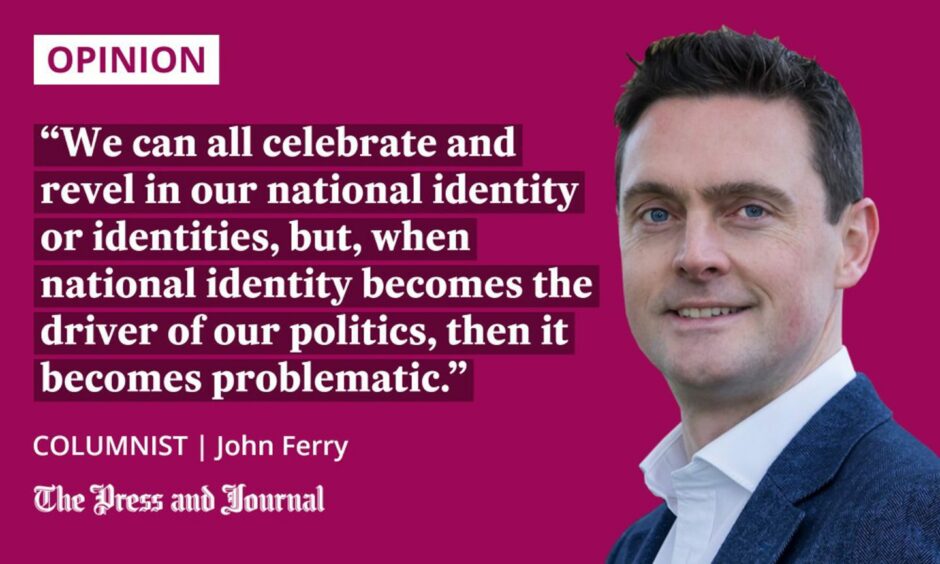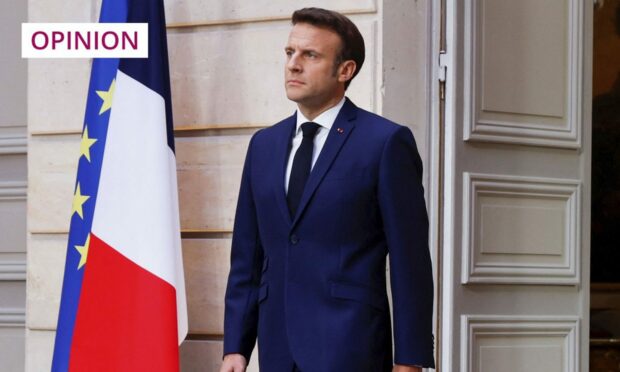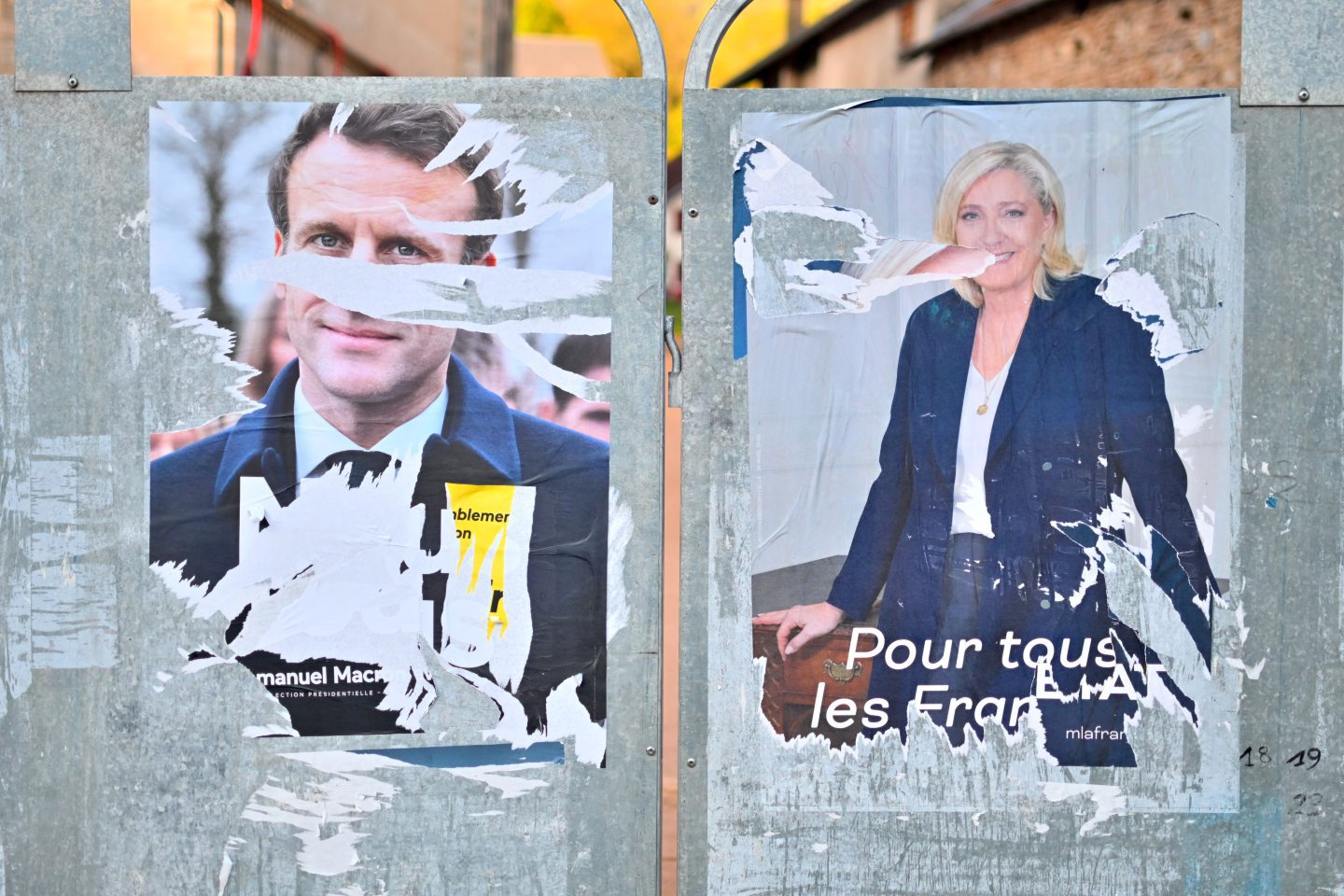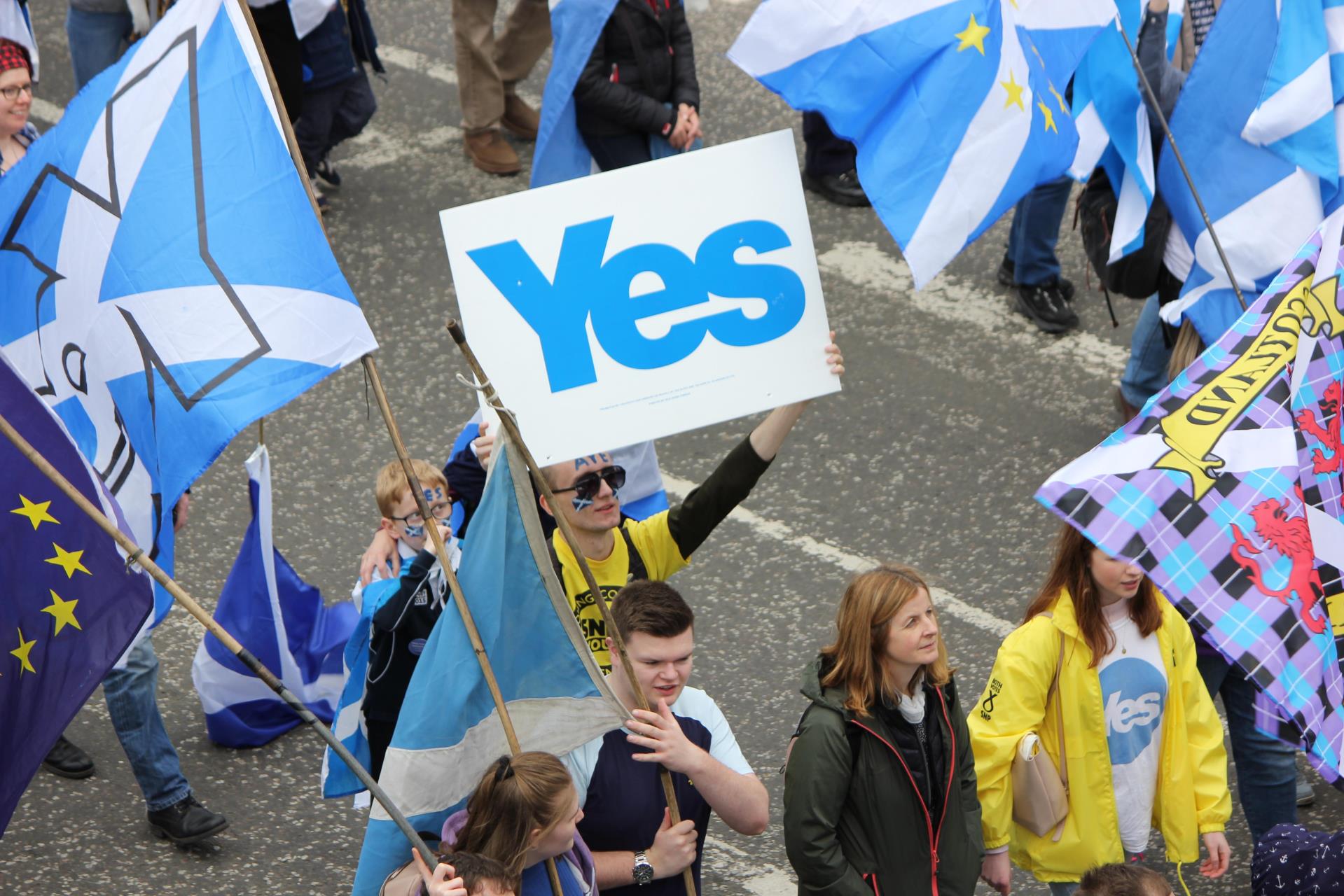In the French presidential election last month, the far-right candidate Marine Le Pen got over 40% of the vote.
Centrist Emmanuel Macron won comfortably in the end, but it was a much closer election than those of us who fear the forces of populist nationalism in democracies would have liked. And, it was a reminder that the fight for liberal values, and of a global order dominated by those values, is never ending.
It wasn’t meant to be like this. The end of the Cold War signalled the ultimate win for liberal democracy, that would pave the way for a 21st century characterised by an enlightened politics, where cosmopolitanism was triumphant and “us” versus “them” tribalism would be a thing of the past.

Of course, it never worked out that way. Stability leads to instability, the sleep of reason begets monsters, and we find ourselves almost a quarter of the way through a 21st century during which we have, so far, managed to avoid Le Pen but have been lumped with Brexit, Trump, “illiberal democracy” in Eastern Europe, and attempts to break apart established democracies in Western Europe.
Throw the economic rise of anti-democracy China into the mix, and this increasingly feels like a century in which the global liberal order could be lost to something darker.
How do we defend those liberal values? We can start by recognising that liberalism remains the best framework for realising social democracy and delivering sensible progress. As well as defending that framework from the likes of Le Pen, we should also be conscious of attacks on liberalism more broadly, from the right and the left.
Liberalism is rooted in reform and reason
The American liberal writer, Adam Gopnik, neatly sums up left and right-originated criticism of liberalism in his book, A Thousand Small Sanities. At its heart, liberalism is rooted in a belief in reform and reason. “The right-wing critique of liberalism is largely an attack on its overreliance on reason; the left-wing one, mostly an attack on its false faith in reform,” writes Gopnik.
From the right, it can be argued that liberalism produces an indifference to national loyalty and to the traditions that make communities stable, including collective identity. As Gopnik writes: “Liberal reason, in this view, is the perpetual enemy of community. Liberals use reason to reason you out of your identity.”
Nationalism, then, is the natural order of mankind, and the nation must be the pre-eminent organising force in our lives.
The leftist critique partly relates to liberalism’s focus on pragmatic, incremental advances, instead of instantly gratifying revolutionary change. How can liberals really be seeking reform if they’re not prepared to smash the system to achieve it?
It also stems from the idea that the outcome of the free societies valued by liberals is free markets that are inherently exploitative and inequitable. Strip away the fancy talk of reason and universality, and you are left with a liberalism that enforces raw power relationships and so, inevitably, social injustice.
The left has its passionate politics, but it needs to win more than culture wars
To these criticisms there are good answers. The left has its passionate politics, but it needs to win more than culture wars.
History shows us that talk of revolution is completely disconnected from the cruel reality of actual revolution. Radicalism without realism always hurts the men and women in the street.
Economic injustice is, indeed, a feature of open and free societies, but we have a mass of evidence to show that this can be corrected within the liberal order.
Tribalism is a challenge to liberal values
On community, liberalism is, in fact, dependent on those bonds. It is underpinned by relationships, but ones that transcend clannishness and tribal instincts.
We can all celebrate and revel in our national identity or identities, but, when national identity becomes the driver of our politics, then it becomes problematic. Those who insist politics is about affecting change to enhance the level of “respect” shown to their nation will probably never be satisfied with their nation’s position in the world.
Here in Scotland, the nationalist politics that has become predominant since the Salmond era is a challenge to liberal values. It fuses the left and right criticisms of liberalism in its pursuit of unsullied sovereignty. The Scottish nation is assumed to be intrinsically pre-eminent, while its promotion to sovereign state is viewed as the key to curing economic injustice.
But, for the same reasons that the left and right criticisms of liberalism do not stand to reason, so too are these arguments found to be intellectually shallow.
Emmanuel Macron’s centrism might lead to many unjust outcomes, but it is still far better than the injustices we would see if France’s far left or far right ever gain power.
Here in Scotland, moderate, third-way politics like devolution might seem boring, but it is still better than the alternatives.
John Ferry is a regular commentator on Scottish politics and economics, a contributor to think tank These Islands, and finance spokesperson for the Scottish Liberal Democrats



Conversation